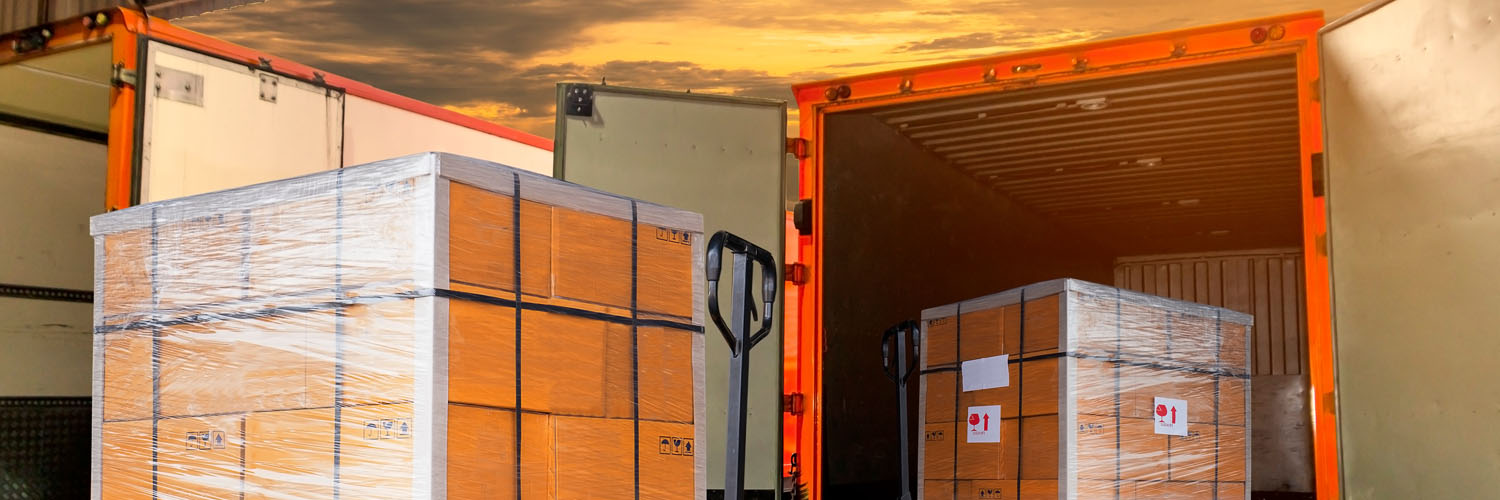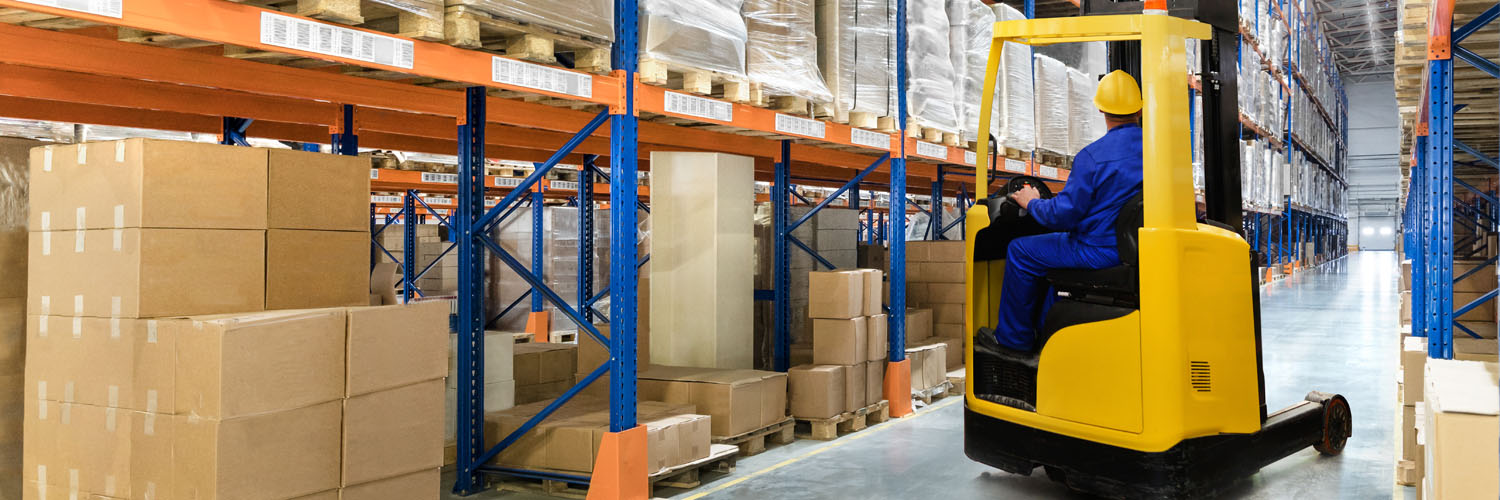Warehouse Legal Liability Insurance in Massachusetts
Warehouse legal liability insurance normally provides protection if goods are damaged or lost while at a facility. Policies may help cover lawyer fees, court fees and settlements if goods are lost.
Most businesses in Massachusetts that operate a warehouse may want warehouse insurance. This broadly includes warehouses, distribution centers, commercial storage facilities and similar buildings.
Careless handling or storing by employees
Malfunctions of climate control systems
Lack of proper facility maintenance
What is warehouse legal liability insurance?
Operating a warehouse presents substantial liability risks, as warehouses can be liable for any goods that are lost or damaged while at their facility. To protect against this risk, warehouses in Massachusetts may want warehouse legal liability insurance.
Warehouse legal liability insurance normally provides protection if goods are damaged or lost while at a facility. Policies may help cover lawyer fees, court fees and settlements if goods are lost.
What businesses in Massachusetts is warehouse insurance for?
Most businesses in Massachusetts that operate a warehouse may want warehouse insurance. This broadly includes warehouses, distribution centers, commercial storage facilities and similar buildings.
Not insuring against the damage to or loss of stored goods can leave warehouses with expensive costs if something happens. Just a single fire or break-in could result in large payments being issued to costumes.
Get a Free Quote!
What coverages do Warehouse insurance policies come with?
The coverages that warehouse insurance policies have can provide protection against a range of potential incidents. Depending on its terms, a policy might cover damage or loss resulting from:
- Careless handling or storing by employees
- Malfunctions of climate control systems
- Lack of proper facility maintenance
- Fire, smoke and explosion
- Vandalism and theft
An insurance agent specializing in warehouse policies can check what exactly a specific policy would cover.
Should warehouses have commercial auto insurance?
Warehouses usually only need commercial auto insurance if they have vans or trucks that are driven on roads. In these situations, state law generally requires coverage.
Commercial auto normally isn’t needed for forklifts or similar equipment. Such equipment, instead, may be insured with equipment-specific coverage.
A knowledgeable agent will be able to help warehouses find insurance for any vehicles or any equipment that they have.
How does warehouse legal liability coverage differ from general liability coverage?
Both warehouse legal liability and general liability protect against certain situations where a business could face lawsuits. The types of situations that these two cover are different, however:
- Warehouse legal liability typically insures against incidents where the goods stored at a warehouse are damaged or lost. It’s a protection that’s pretty specific to warehouses.
- General liability typically insures against common accidents where a third party is injured or has property damaged, such as slip and fall accidents. This is a much broader protection that businesses in many industries need.
Most warehouses would be wise to carry both warehouse legal liability and general liability. These can often be combined, along with other coverages, in a commercial package policy.

How do insurance companies value goods that are lost or damaged?
Should goods be lost or damaged in a covered claim, insurance companies have two main methods for determining the amount that those goods are covered for:
- Standard Valuation: The standard method is usually based on weight. Goods are covered at a set amount per pound, and claims are paid according to how many pounds are lost or damaged. For example, a policy that values goods at $0.50 per pound would pay $500 if 1,000 pounds were damaged.
- Landed Cost Valuation: The landed cost valuation method often covers goods at higher amounts. This coverage usually bases value on the cost of manufacturing, transporting and storing goods, which can more accurately reflect the actual value of what’s lost or damaged.
Most warehouses probably want landed cost valuation, but standard valuation might make sense if most goods are inexpensive and heavy. An insurance agent who’s familiar with warehouses’ coverage needs will be able to help make this decision.


How can Massachusetts warehouses get warehouse legal liability insurance?
If you run a warehouse that needs to better insure the goods it stores, contact the independent insurance agents at Scotti Insurance Agency. Our agents will work closely with you, making sure that you find warehouse legal liability insurance which will protect your warehouse’s goods well.

